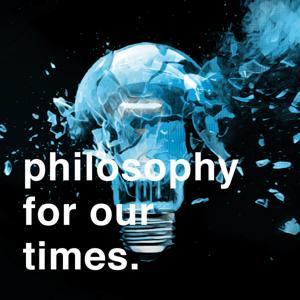The Deeper Thinking Podcast
What happens when the act of reaching out becomes rarer than the connection itself? In this episode, we trace the slow disappearance of interpersonal initiation—not as a cultural lapse, but as a civilizational contradiction. Algorithms promise endless proximity, yet remove the necessity of contact. We ask what is lost when approach is replaced by performance, and what it means to risk presence in an age of optimization.
Through the lens of philosophy and lived gesture, we explore the disappearance of embodied mutuality—from Aristotle’s vision of human fulfillment in relation, to Simone Weil’s understanding of attention as generosity, and Emmanuel Levinas’s ethics of the face. We ask: how do we become, if never met? What happens to courage when friction is removed from the social field? In the absence of real-time approach, we find a loss not just of intimacy—but of ethical improvisation itself.
This is not an argument for nostalgia. It is a meditation on risk, refusal, and revelation—on the sacred awkwardness of showing up unrehearsed, and the relational art we may be forgetting how to perform.
When initiation disappears, contact becomes content. But what becomes of the human in the absence of risk?
#Presence #Attention #Hesitation #PhilosophyOfRelation #Buber #Weil #Levinas #Optimization #Improvisation #TheDeeperThinkingPodcast #UnscriptedReach #Friction #EthicsOfDialogue #DigitalIntimacy




































